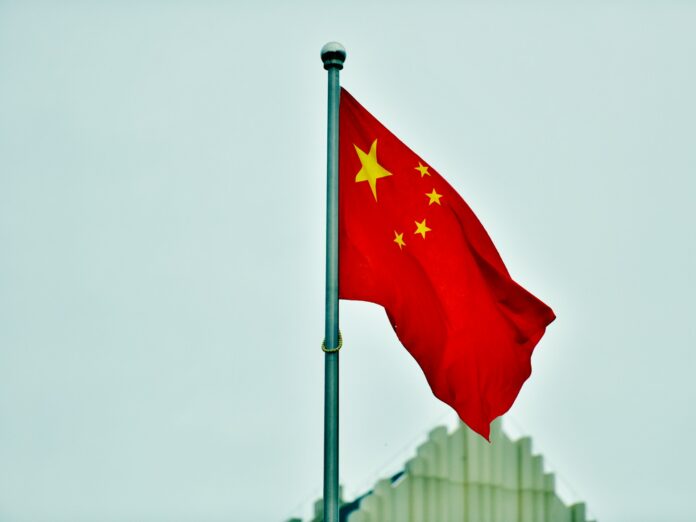In recent weeks, Tibet has become the epicentre of significant protests against Chinese dam construction projects along the Yarlung Tsangpo River. These demonstrations, although not unprecedented, are indicative of the deep and ongoing tensions between the Tibetan people and the Chinese government. The protests arose primarily due to environmental concerns and longstanding discontent over the marginalization of the Tibetan culture and autonomy. Historically, Tibet has been a region of intense geopolitical interest. The Chinese annexation in the 1950s led to decades of suppression of Tibetan cultural and religious practices, with policies often fostering economic but not societal integration. The current protests are different, as they are rooted in fears of ecological damage due to large-scale dam projects.
China has constructed numerous dams across its expansive territory, often under the justification of economic growth and renewable energy. However, in Tibet, these projects are seen as instruments of control. Residents fear that the dams could disrupt the natural flow of rivers vital to agriculture. Tibetan communities, largely agrarian, depend on these waters for their livelihood. According to some reports and an exposé by the BBC, Chinese authorities responded to the protests with force, using beatings and detentions to quell dissent. These harsh measures further illuminate the profound grievances among Tibetans about their lack of voice in political decisions that affect their land and lives.
The historical backdrop of these tensions stretches back to the 1950 revolt and the cultural upheaval that followed. Despite the economic initiatives introduced in the past two decades, many Tibetans feel overwhelmed by the demographic influx from other parts of China, which they perceive as a direct threat to their cultural identity. The autonomy crisis exacerbates as policies seem to sidestep regional opinions, pushing more Tibetans towards opposing the state’s developmental agenda.
Embed from Getty ImagesWhile Chinese state media often portray these projects as environmentally friendly and crucial for regional development, independent analysts and environmental NGOs argue that these narratives obscure potential ecological and social harms. The international community, especially groups advocating for human rights, continue to press Beijing for greater transparency and more inclusive governance in Tibet.
The protests in Tibet, while suppressed, reflect a broader struggle between state sovereignty and self-determination. As infrastructure development expands, the question remains whether such projects will continue to marginalize local voices or adapt to include them. Tibet’s quest for recognition and rights in managing their land and resources is at the heart of these protests—a struggle that, despite repression, continues to inspire global attention.
Perspectives
Perspective 1: Human rights organizations, such as Human Rights Watch and Amnesty International, have condemned the Chinese government’s heavy-handed suppression of Tibetan protests. They argue that these actions violate basic human rights and demonstrate the ongoing marginalization of Tibetan culture and identity. Both organizations have been vocal in calling for immediate international pressure on China to respect Tibetans’ rights to self-determination and cultural preservation. Additionally, they emphasize the need for transparent and fair decision-making processes involving Tibetan communities in developmental projects.
Sources:
AMNESTY INTERNATIONAL
Perspective 2: Chinese government sources often justify dam construction as a crucial step towards sustainable economic growth and energy development. Official statements highlight that such projects are part of broader initiatives to modernize infrastructure across China. They claim that these projects aim to elevate the living standards in Tibet by creating jobs and integrating the region into the national economic fold. The government insists that any civil unrest is minimal and largely misrepresented by external parties, aiming to undermine China’s internal stability.
Sources:
CGTN
Perspective 3: Environmental experts and scientists warn about the potential ecological impacts of dam construction in Tibet. Notable publications from Greenpeace and the World Wildlife Fund (WWF) have elaborated on how these dam projects disrupt endemic species, alter natural water flows, and pose significant risks of landslides and geological instability. These organizations argue for a comprehensive ecological impact assessment before moving forward with such projects, advocating for alternative energy solutions that do not compromise environmental integrity.
Sources:
GREENPEACE
WWF
